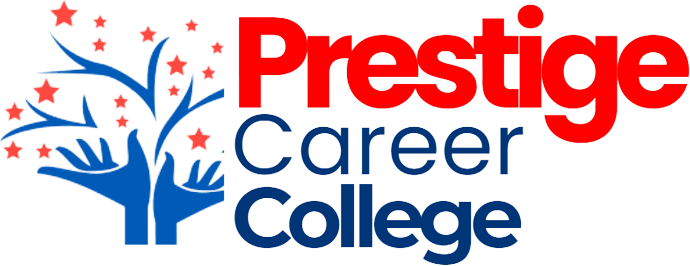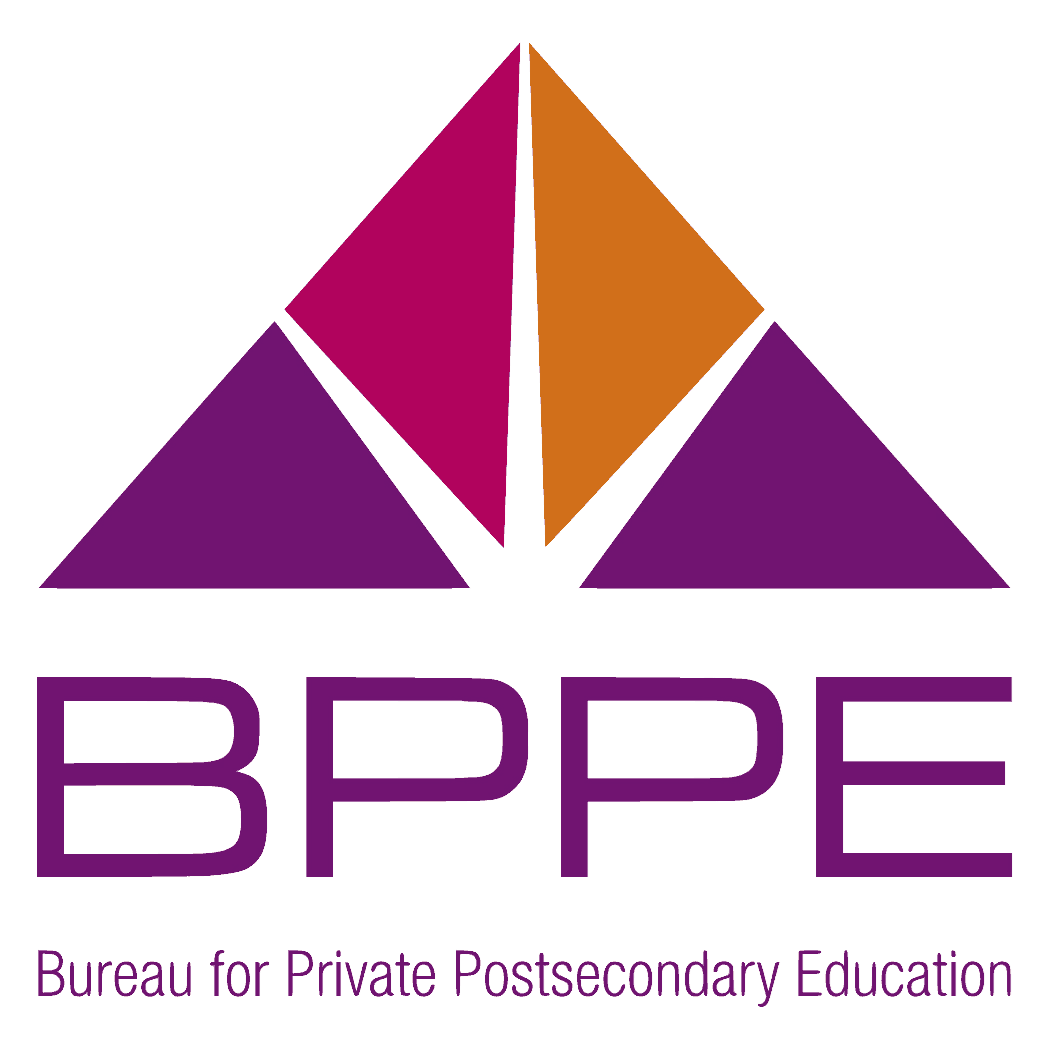How to Prepare for Your CNA Program Exams
Preparing for your Certified Nursing Assistant (CNA) exams is a critical step in your career as a healthcare professional. As a CNA, you play a vital role in the healthcare system, providing essential support to registered nurses and enriching patient care quality. This guide will outline strategies to optimize your study habits, resources, and mental preparation for CNA program exam success. Understanding and mastering these skills is crucial not only for passing your examinations but also for equipping yourself with the knowledge demanded in the evolving healthcare sector. According to the U.S. Bureau of Labor Statistics, employment of registered nurses will grow by 6% from 2023 to 2033, indicating a dynamic environment ripe with opportunities, particularly for those entering and advancing in the healthcare field.
Understand the Exam Structure
One of the first steps in preparing for your CNA program exam is to become intimately familiar with the exam format. The exam is generally divided into two components: a written test and a clinical skills assessment. The written test typically includes multiple-choice questions covering a range of topics from basic nursing skills to ethical scenarios. Familiarization with this format can greatly ease test-day anxiety and boost your confidence. In addition, knowing the structure allows you to tailor your study approach to target specific areas of difficulty.
The CNA exam covers several critical areas within the healthcare curriculum. Therefore, it's essential to identify and focus on these major topics, such as infection control, personal care skills, and communication methods. Diving deep into each content area helps ensure you understand the foundational knowledge required for your role. By using resources like curriculum guidelines and textbooks, you can highlight essential learning points that frequently appear in exams. Prioritizing key content areas enhances comprehension and retention, giving you confidence as you progress through your studies.
Taking practice tests serves as an effective strategy to gauge where you stand in your exam preparation. These tests replicate the environment of the actual CNA exam, providing valuable insights into your strengths and weaknesses. Additionally, repeated exposure to practice tests will reduce anxiety and help you become more comfortable with the test format. Furthermore, tracking your scores over time allows you to observe progress and areas that require more focus. It's an iterative process that assists in building stamina and sharpening your test-taking skills over time.
Analyzing common mistakes is an invaluable learning process that can substantially improve your performance. After completing each practice test, review your incorrect answers to understand why the mistake was made. This reflective exercise helps you avoid similar errors during the actual exam. Mistakes often arise from misunderstanding questions, overlooking details, or lapses in concentration. By actively focusing on these issues, you develop stronger test-taking strategies and refine your cognitive processes, bolstering your confidence as exam day approaches.
A critical skill for CNA exam success is effective time management. Developing techniques to pace yourself is essential for ensuring you complete the exam within the allotted time. Start by timing yourself during practice exams to build a sense of the time required for each section. Learn to balance speed with accuracy by avoiding unnecessary dwelling on questions. Mastering time management not only boosts your performance but also alleviates stress, allowing you to approach the exam in a focused and composed manner.
Develop a Study Plan
Creating a structured study schedule is vital for comprehensive exam preparation. A well-organized plan helps you allocate time efficiently across different content areas over weeks or months. With regular study sessions, you integrate learning into your daily routine, minimizing last-minute cramming. Find a balance that permits flexibility yet maintains consistency, ensuring you can meet personal and professional commitments. A strategic study schedule provides a roadmap that systematically guides you towards readiness for the CNA program exam.
Setting achievable goals prevents burnout and sustains motivation throughout your study journey. Break down the extensive CNA curriculum into smaller sections, setting clear objectives for each. These micro-goals make the material more approachable and less overwhelming. Celebrate small achievements, such as mastering a challenging concept, as they contribute to your larger objective of exam readiness. This progressive strategy is key to maintaining momentum and reaching your ultimate goal of becoming a certified CNA.
Diversifying your study resources enriches your understanding and provides different perspectives on the material. Leverage textbooks for detailed explanations, online resources for interactive learning, and study groups for collaborative discussions. Each resource type offers unique benefits and can address gaps left by others, creating a well-rounded preparation strategy. Engaging with diverse materials allows for comprehensive learning, aligning with a dynamic healthcare environment where adaptability is crucial. By proactively seeking out varied educational tools, you cultivate a resourceful approach vital for both passing exams and excelling in the field.
Active learning techniques foster deeper engagement with study materials, promoting better retention. Strategies such as teaching back the content, engaging in discussions, and applying concepts in real-world scenarios bolster understanding. These methods challenge passive consumption and encourage active participation in your learning process. Active engagement simulates clinical situations, aiding in the development of critical thinking and decision-making skills crucial for a successful CNA career. Applying an active learning approach bridges theoretical knowledge with practical application, preparing you comprehensively for your exams and professional responsibilities.
Monitoring your progress regularly ensures that your study plan remains effective and aligned with your goal. Self-assessment helps identify which areas you have mastered and those needing more attention. Reflecting on your learning journey allows you to adjust your study strategies and prioritize areas of difficulty. Diagnostic assessments, quizzes, and feedback from peers or instructors are valuable tools. By tracking your progress, you not only enhance your exam readiness but also retain a sense of accomplishment and encouragement, fueling continued success.
Optimize Study Techniques
Effective note-taking is a fundamental component of successful study habits. Techniques such as the Cornell Method or mind mapping can facilitate better organization and comprehension of information. Clear, concise notes serve as efficient review tools, boosting your recall abilities. Structuring information in a meaningful way helps make connections between concepts and clarifies complex topics. Effective note-taking not only aids in exam
Memory retention strategies are essential for embedding the necessary knowledge into long-term memory.
Techniques such as spaced repetition and mnemonics enhance recall, allowing information to be retained more easily. These strategies actively engage the brain, making it easier to retrieve information under test conditions. Consistent application of these techniques strengthens your cognitive abilities, reducing forgetfulness and enhancing confidence. By focusing on effective memory retention, you cultivate a resilient foundation of knowledge critical for both exam success and practical CNA duties
By understanding the exam structure, developing a strategic study plan, and maintaining both mental and physical wellness, you can approach your CNA exams with confidence and competence. The strategies outlined in this guide equip you with a toolkit for effective preparation, maximizing your chances of success. Your commitment to preparation sets the stage for a rewarding career in healthcare, where opportunities for professional growth and impact abound. The projection of a 6 percent growth in registered nurse employment underscores the vibrant future awaiting dedicated CNAs. Employ these strategies to optimize your preparation and set the stage for a successful career in healthcare. Be sure to reach out to Prestige Career College today for more information on our professional CNA program!






Share On: